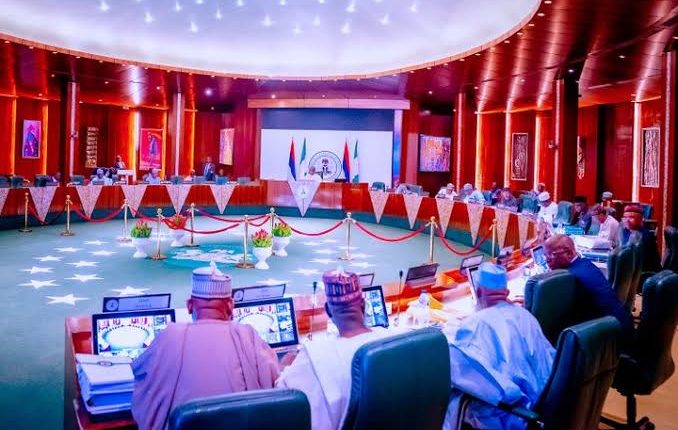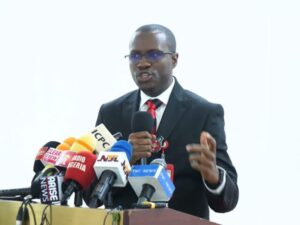
Minimum wage: Labour’s N250,000 demand unresolved as FEC steps down memo
…Consultations key as Tinubu reviews minimum wage recommendations — Mohammed Idris
By Matthew Denis
The wait for a new minimum wage continues as the FEC put off consideration of the memo, failing to address labour’s demand for a N250,000 minimum wage.
The Federal Executive Council (FEC) stepped down consideration and deliberation on the memo on the new minimum wage to allow President Bola Tinubu engage in more consultation with stakeholders.
Minister of Information and National Orientation, Mohammed Idris, disclosed this on Tuesday while briefing State House correspondents on the decisions taken at the council meeting.
He said the President has studied the report submitted by the Tripartite Committee on Minimum Wage and would consult further before a final submission on a new national minimum wage to the National Assembly.
Talks for a new minimum wage for Nigerian workers have been on for a while. The Minimum Wage Act of 2019, which made N30,000 the minimum wage, expired in April 2024. The Act should be reviewed every five years to meet up with contemporary economic demands of workers.
President Bola Tinubu in January set up a Tripartite Committee to negotiate a new minimum wage for workers. The committee comprises the Organised Labour, representatives of federal and state governments as well as the Organised Private Sector.
However, the committee members failed to reach an agreement on a new realistic minimum wage for workers, forcing labour to declare an indefinite industrial action on Monday, June 3, 2024. Businesses were paralysed as labour shut down airports, hospitals, national grid, banks, National Assembly and state assemblies’ complexes.
The labour unions said the current minimum wage of N30,000 can no longer cater to the wellbeing of an average Nigerian worker, saying government should offer workers something economically realistic in tandem with current inflationary pressures, attendant effects of the twin policies of petrol subsidy removal and unification of the forex windows of the current administration.
Labour “relaxed” its strike on June 4, 2024 following assurances from the President that he was committed to a wage above N60,000.
Both the Trade Union Congress (TUC) and Nigeria Labour Congress (NLC) leadership subsequently resumed talks with the representatives of the Federal Government, states, and the Organised Private Sector.
Nigeria NewsDirect had reported that on Friday, June 7, 2024, the two sides (labour and the government) still failed to reach an agreement.
While labour dropped again its demand from N494,000 to N250,000, the government added N2,000 to its initial N60,000 and offered workers N62,000.




